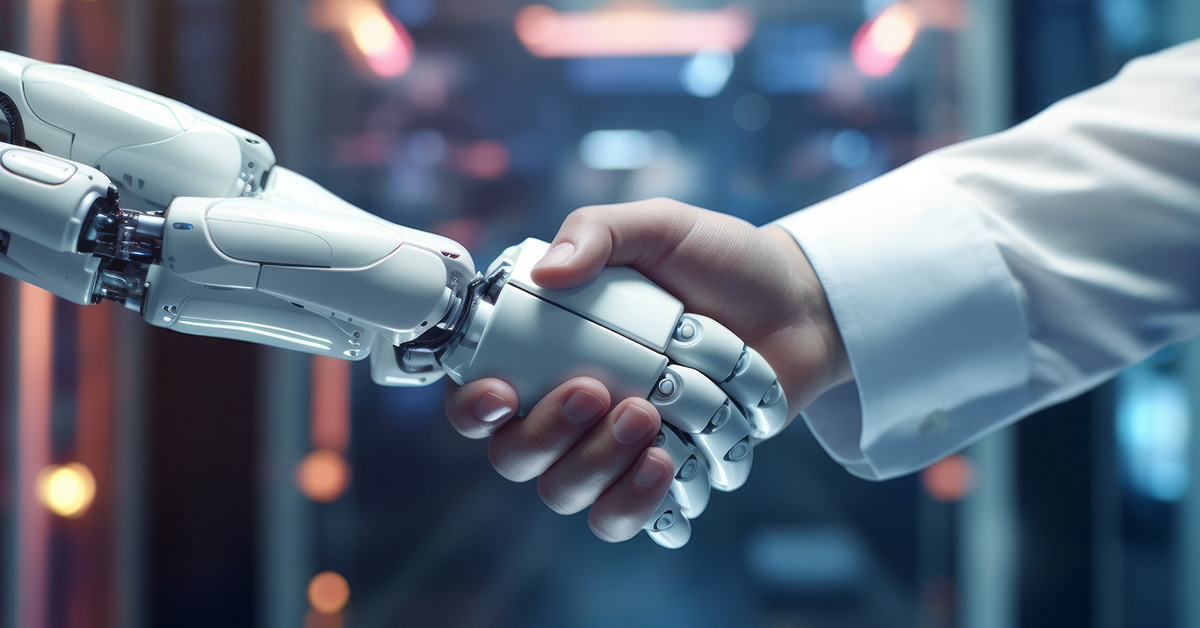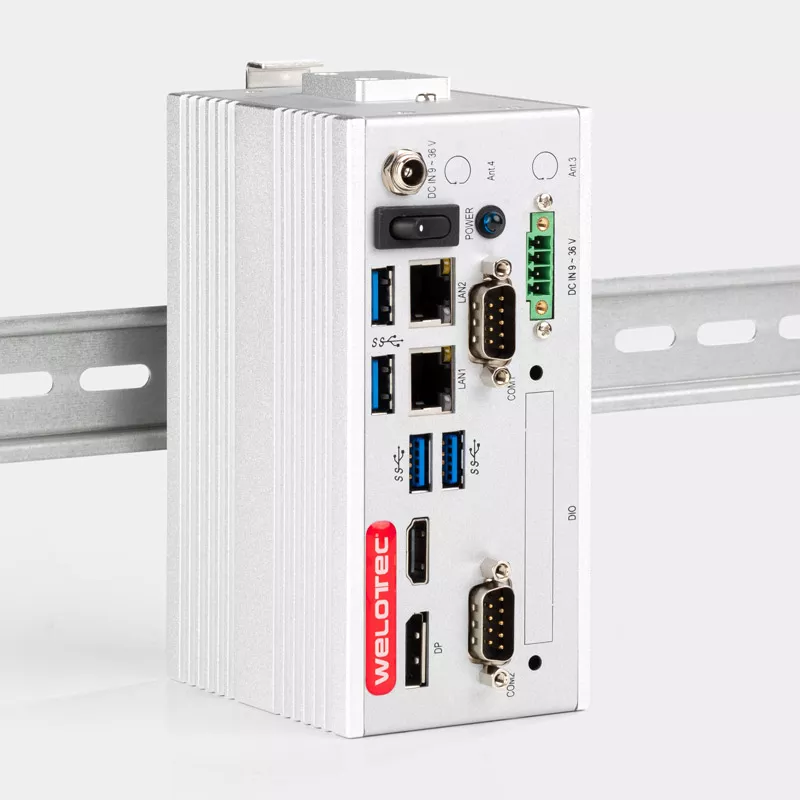Introduction;
Artificial Intelligence (AI) has been making a significant impact in the technology industry, and its applications in the healthcare sector are no different. We will explore the various applications of AI in healthcare. From AI and machine learning in healthcare to AI-enabled diagnosis and treatments, AI is revolutionizing the way healthcare professionals identify, diagnose, and treat illnesses. We will also discuss how AI is being used to provide more accurate and timely clinical decision-making. You should have a better understanding of how AI is transforming the healthcare industry. You can master the skills in the core technical areas of Artificial Intelligence by joining the AI Training in Hyderabad course by Analytics Path.
AI And Machine Learning In Health Care
AI and machine learning are quickly becoming essential tools in the health care industry. These technologies can help to improve patient outcomes by identifying key indicators of disease, automating mundane tasks, and providing personalized medical treatments. In this section, we will outline some of the most important applications of AI and machine learning in health care.
One of the most important uses for AI and machine learning is to improve patient outcomes. AI systems can help clinicians identify key indicators of disease early on, which can lead to more accurate diagnoses and improved treatment plans. Machine learning can also be used to quickly scan through large amounts of medical data so that clinicians can make more accurate diagnoses in a hurry. This technology can also be used to automate mundane tasks such as scheduling appointments or filing paperwork.
Another important application of AI and machine learning is to provide personalized medical treatments. By using deep learning algorithms, doctors are able to provide patients with treatments that are specifically tailored to their needs. This saves time and energy by allowing healthcare providers to focus on more complex issues such as diagnosing diseases instead of prescribing generic medications or procedures.
Last but not least, AI and machine learning are invaluable tools for quickly detecting outbreaks of disease. By using advanced algorithms like predictive modeling and natural language processing, AI systems can rapidly identify patterns in large amounts of data that may indicate an outbreak is happening. This information can then be shared with healthcare providers who can take appropriate action quickly – potentially saving lives!
AI-Enabled Diagnosis And Treatment
Healthcare is a incredibly important industry, and the applications of artificial intelligence in this field are only going to grow in importance. AI can help to detect disease early, reduce hospital stays and medical costs, and enhance the accuracy of diagnosis and treatment. In addition to this, AI can be used to provide predictive analytics for progress monitoring, analyze clinical trials, help monitor and detect changes in patient health, develop personalized treatment plans, improve communication between doctors and patients – just to name a few!
Hopefully this article has whetted your appetite for the potential uses of AI in healthcare. Be sure to stay tuned for more articles about this topic as we continue to explore its vast possibilities.
AI-Powered Clinical Decision Making
AI is quickly becoming a vital part of health care. This technology can be used to diagnose illnesses, design drugs specifically for an individual’s genetic makeup, and more. Below, we’ll outline some of the many applications of AI in health care.
When it comes to diagnosing illnesses, AI can be a powerful tool. For example, it can be used to understand medical symptoms and diagnose illnesses such as pneumonia or cancer. This technology can also help to design drugs that are tailored specifically to an individual’s genetic makeup. By doing this, you can avoid side effects and maximize the effectiveness of the drug while minimizing costs.
Another area where AI is proving to be invaluable is in monitoring vitals from patients’ homes. With this technology, you can monitor vital signs such as blood pressure or heart rate without having to bring the patient into a hospital or clinic setting. This allows patients greater flexibility in their healthcare decisions and helps ensure that they are receiving the best possible care at home.
Finally, one of the most important applications of AI in healthcare today is in analyzing patient records for evidence based therapies. By using machine learning algorithms and data mining techniques, AI can identify patterns and correlations that human doctors may not see immediately. This information can then be used to make informed decisions about treatment options for patients – leading to improved outcomes overall.
Overall, AI has huge potential for improving healthcare outcomes by automating routine tasks and providing personalized advice specific to each patient’s needs and preferences. As this technology continues to evolve and improve, so too will the ways that it assists with diagnosis and treatment.
The Benefits Of Automated Diagnostics And Treatments
There are many benefits to using Automated Diagnostics and Treatments (ADT) in the health care landscape. ADT can help to automate diagnostics and improve the speed and accuracy of medical treatments. This can help to reduce the time that it takes for doctors to diagnose a patient, as well as the time it takes for them to prescribe a treatment plan. Additionally, ADT can be used to create personalized care plans that are tailored specifically to each patient’s needs. This can help ensure that patients receive the best possible care while reducing costs related to healthcare.
In addition, Clinical Decision Making AI can provide clinical decision support for doctors by offering evidence-based diagnosis and treatment options. This technology can help doctors make better decisions more quickly and efficiently, ultimately leading to better patient outcomes. Finally, remote monitoring technology enables doctors to keep tabs on patients’ vital signs even when they’re not in the office – helping ensure that they’re receiving the best possible care regardless of where they are.
Conclusion;
AI and Machine Learning are transforming the healthcare industry, enabling faster, more accurate diagnoses, more personalized treatments, and decisions that take into account a wide range of factors. AI-powered tools are proving to be beneficial in many aspects of healthcare, from diagnostics and decision-making to patient monitoring and surgery. As the technology continues to evolve, it will become increasingly important for healthcare providers to stay up-to-date with the latest advances in AI so they can provide the best care possible. We should all strive to understand how AI can benefit us while also taking steps to ensure our data is secure. By doing so, we can ensure that these powerful tools are used responsibly and ethically for the betterment of society as a whole. This article in the All Daily Updates must have given you a clear idea of the


